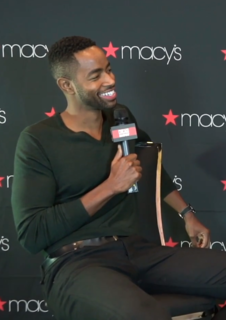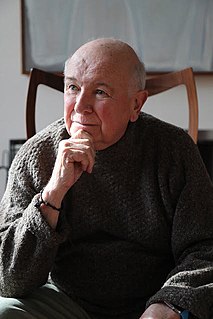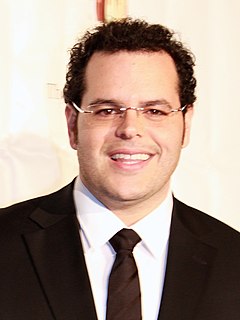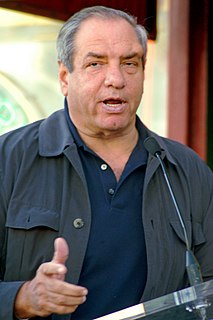A Quote by Benny Fine
We have a full writers' room, and with something like 'MyMusic,' we've scripted it out with professional writers. There is some very basic improv from the actors, but everything is very to the letter, so it's easy to edit down to an episode. There are fun little things an actor might throw in there.
Related Quotes
I always thought it would be funny to have the Parents Television Council write an episode of 'Family Guy' and give them full creative control. Then see how good the episode is. That's something we've actually discussed in the writers' room. We haven't proposed it yet, but if somebody from the PTC reads this, it might be worth discussing.
Real writers-that is, capital W Writers-rarely make much money. Their biggest reward is the occasional reader's response.... Commentators-in-print voicing big fat opinions-you might call us small w writers-get considerably more feedback than Writers. The letters I personally find most flattering are not the very rare ones that speak well of my editorials, but the occasional reader who wants to know who writes them. I always happily assume the letter-writers is implying that the editorials are so good that I couldn't have written them myself.
I suppose we think euphemistically that all writers write because they have something to say that is truthful and honest and pointed and important. And I suppose I subscribe to that, too. But God knows when I look back over thirty years of professional writing, I'm hard-pressed to come up with anything that's important. Some things are literate, some things are interesting, some things are classy, but very damn little is important.
When I first started out, it was very, very difficult to even get in the room with directors or casting directors because they would see that I hadn't been to drama school and wouldn't want to see me. Now, I feel like it's changing. We have this new generation of a lot of writers, directors and actors who are just breaking through, and they're doing it for the passion.



































